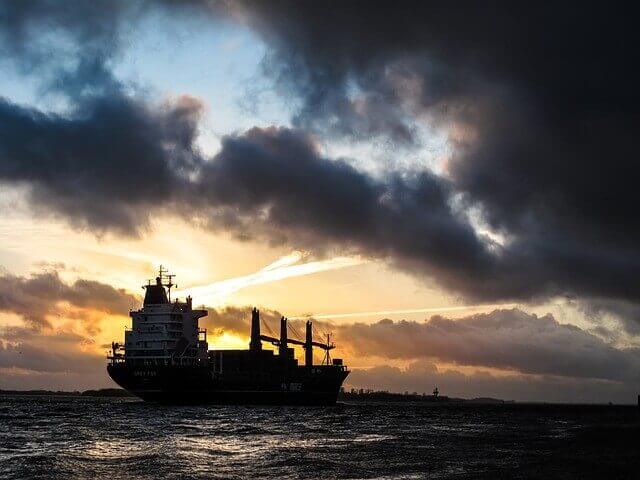A Czech seaman working aboard a German cargo ship observed an engineer to leak oil into the ocean using extra pipes configured on the boat. When the vessel came into Portlend Maine, he reported this to the authorities which investigated and eventually the U.S. find the German owners $3.5 million for the infraction of international law. Now, a Judge has ordered that the seaman whistleblower be rewarded for his courage and he will receive a percentage of the $3.5 million. Last year, the U.S. government fined ship owners over $50 million for pumping pollution into the oceans. These investigations are on the rise because ocean vessels committing these violations are spiking heavily. Here is more on what happened regarding the MV Marguerita:
Alleged Fraud of Oil Record Books
The German cargo ship MV Marguerita was detained under the impression that it had entered the U.S. waters and the port in Portland at least eight times with falsified oil record books. This was only determined after a thorough investigation by the Coast Guard. They were able to determine that one of the engineers was using extra pipes and hardware to dispose of the oil. The act that alerted the authorities to this crime was the whistleblowing from Czech seaman Jaroslav Hornof who bravely spoke out against this crime and was commended for his courage. In an affidavit, Hornof said he learned that one of the chief engineers on the Marguerita was using extra pipes to discharge oily water into the ocean. When the engineer denied doing so, Hornof made secret videos of the dumping and turned them over to the United States authorities. He gave the authorities his information and they eventually boarded the ship. Under investigation, the Coast Guard was able to determine that they falsified the oil record books and dumped oil directly into the ocean, which is in direct violation of an international treaty.
Reward for Whistleblowing
After reviewing the evidence, the 3.2 million dollar fine along with four years of probation were imposed on the Marguerita. In an interesting turn of events, the federal judge hearing the case rejected it. Most advocates for wildlife and the environment were satisfied with the penalty that the Marguerita had incurred. However, the federal judge had another agenda. He wanted the whistleblower to be rewarded for his heroic actions and to encourage other whistleblowers to speak out. Under certain environmental laws and other whistleblower laws, any private person may receive up to 30% of the fines or funds the Government collects for revealing fraud and violations of law such as this one.
Prior Cases and Important Evidence
There have been a hand full of similar cases, and fines doled out, to shipping companies who falsify their oil record books. For example, in 2017 The Department of Justice imposed $50 million in penalties against ocean polluters. In the case of the Marguerita, Hornof was able to provide some incriminating evidence that ended up assisting the prosecution ten-fold. He recorded the actions being committed and was able to provide them to the law enforcements.
Did The Legal System Protect The Environment?
In the case of the Marguerita, the legal system supported the environment. Although the oil that was disposed of will continue to ravage the ecosystems, justice will be served in one way or another. Although the judge did reject the charges as they stood, it was in the best interest of the environment and its future. If the outcome were any different, potential whistleblowers may have been silenced. Although the case is still being settled, we can hope that the judge will think clearly with the best intentions of the environment and its keepers in mind.
